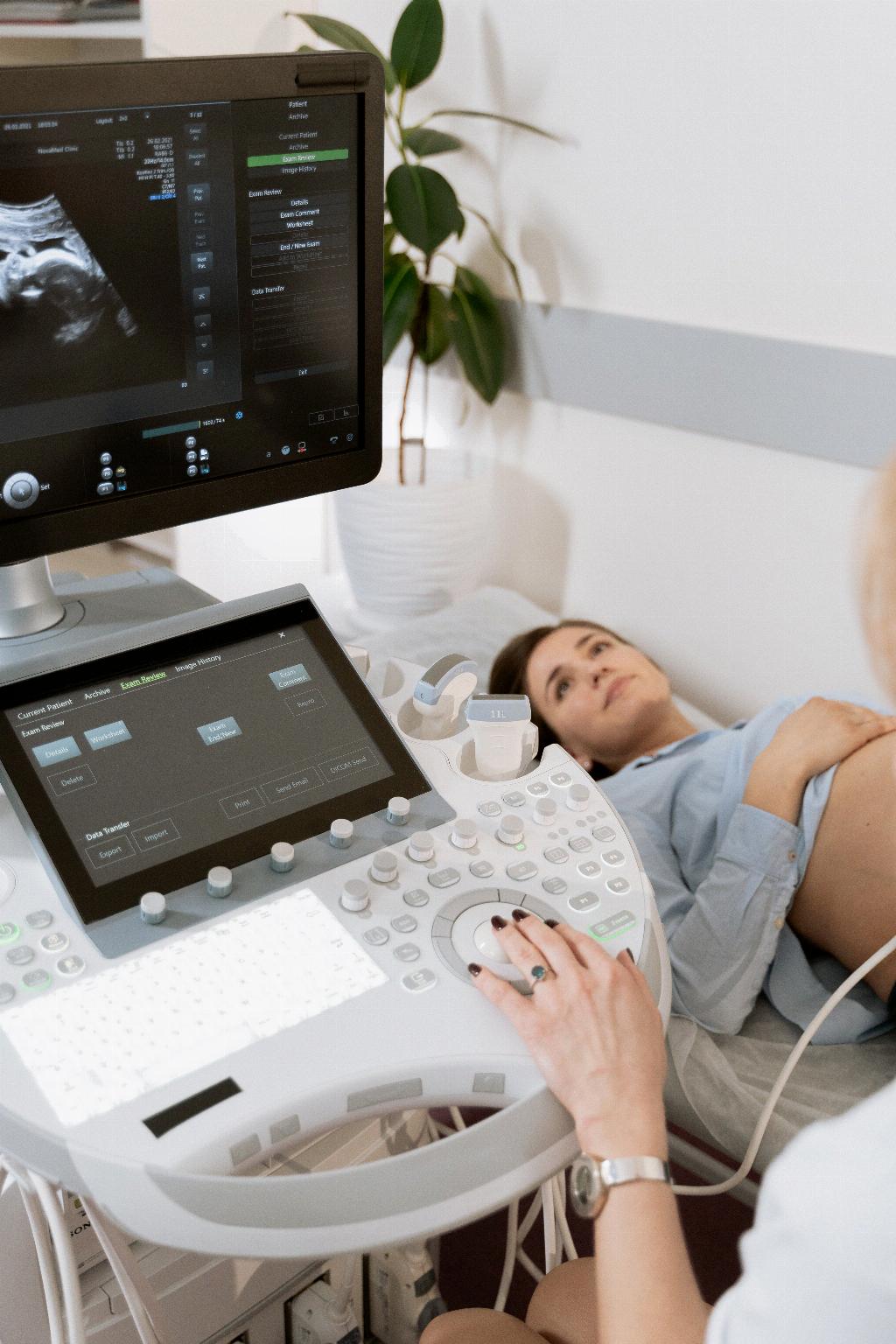Entering the realm of medical coding can feel like navigating a complex maze filled with alphanumeric codes and technical jargon. One specific diagnosis that may raise questions is portal hypertension in pregnancy. With the intricacies of ICD-10 coding in mind, let’s delve into the details of the code assigned to this condition.
First and foremost, it’s essential to comprehend that the ICD-10 coding system is used to classify diseases and health problems recorded on various health and vital records. Each medical condition is assigned a specific code that aids healthcare providers and insurance companies in identifying and billing for services accurately.
When we focus on portal hypertension, which refers to increased blood pressure in the portal venous system, the corresponding ICD-10 code provides a precise identifier for this condition. In the context of pregnancy, the code assigned to portal hypertension holds significance in ensuring proper documentation and billing procedures.
The specific ICD-10 code for portal hypertension is K76.6. This alphanumeric code serves as a unique identifier for healthcare professionals to document cases of portal hypertension accurately. Understanding this code is crucial for medical coders and practitioners involved in the care of pregnant individuals with this condition.
It’s important to highlight that the process of assigning ICD-10 codes requires attention to detail and adherence to coding guidelines. In the case of portal hypertension in pregnancy, accuracy in coding is paramount to effectively communicate the diagnosis and facilitate appropriate patient care.
Medical coding professionals, including those certified by the American Academy of Professional Coders (AAPC), play a vital role in translating medical documentation into universal codes such as K76.6 for portal hypertension. Their expertise ensures that healthcare services are accurately documented and billed for reimbursement purposes.
When dealing with a complex medical condition like portal hypertension in the unique context of pregnancy, proper coding not only aids in billing but also contributes to the overall management and treatment of the condition. Accurate documentation of such cases is essential for monitoring the health of the mother and the developing fetus.
Healthcare providers must collaborate closely with coding professionals to ensure that all relevant diagnoses, including portal hypertension in pregnancy, are correctly coded and documented. This collaborative approach helps in maintaining thorough medical records and promoting continuity of care.
Through the use of standardized ICD-10 codes like K76.6 for portal hypertension, healthcare organizations can streamline their billing processes and data analysis. Consistent and accurate coding practices contribute to improved healthcare quality, resource allocation, and decision-making.
As we navigate the intricacies of medical coding and the significance of ICD-10 codes, understanding the unique code for portal hypertension in pregnancy sheds light on the importance of precision and accuracy in healthcare documentation. This specific code aids in the efficient management of this condition within the context of pregnancy.
In conclusion, the ICD-10 code K76.6 serves as the designated identifier for portal hypertension, including cases occurring during pregnancy. By adhering to coding standards and guidelines, healthcare professionals uphold the integrity of medical records and ensure comprehensive care for pregnant individuals affected by this condition.

